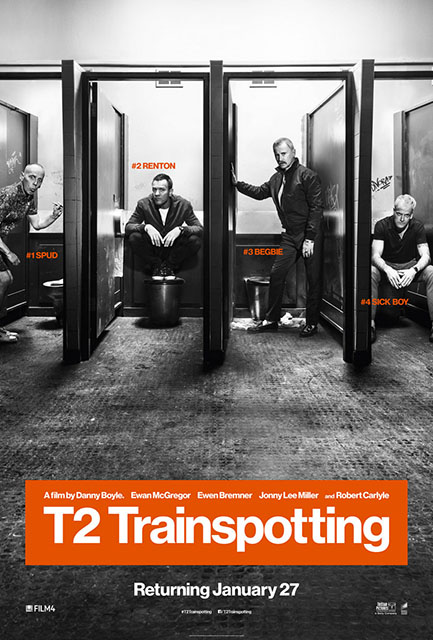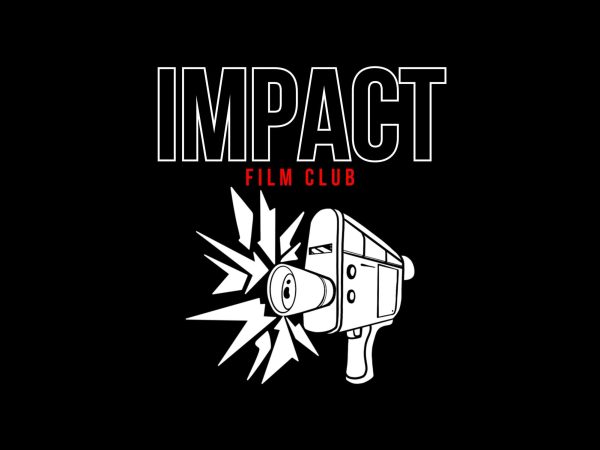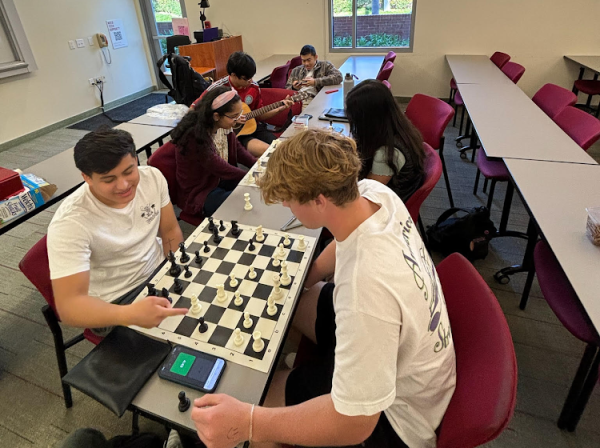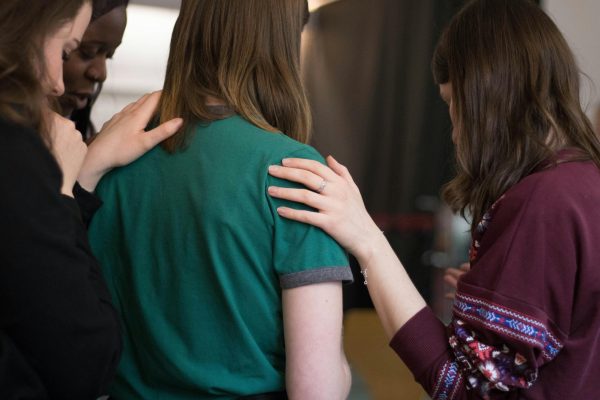“Trainspotting” rekindles the unassumingly fervent film franchise
Boyle’s unexpected sequel, “T2 Trainspotting” meditatively plays off the ‘90s cult-classic.
Courtesy of HeyUGuys
March 21, 2017
While many invest countless hours binging “Harry Potter,” “Lord of the Rings” and “Star Wars,” I prefer delving into Danny Boyle’s unassuming “Trainspotting” franchise. With the release of “T2 Trainspotting” on March 17, I decided to rewatch the intoxicated trailblazer before feasting my eyes upon the sequel. I came away with one of the most introspective and sentimental viewing experiences, all within a near four-hour period.
A life of desperation
In 1996, acclaimed director Danny Boyle normalized empathy for junkies while despising drugs at the same time with his visual masterpiece “Trainspotting.”
While it was nothing groundbreaking in terms of plot, Boyle accurately encapsulated a life of desperation while embedding enough drug-induced trips to inject life into a meager plotline.
Despite the characters’ lowlife tendencies, they remain fascinating enough to root for. Even though narcotics heavily influence their functionality as sane humans and coax them into desecrating moral and humane boundaries, they take responsibility for their actions but eventually revert back to their cyclical, drug induced state of irrationality. And while there lies an undeniable yearn for sobriety underneath this grungy ambiance veiled with heroin soot, they remain stuck in the wretched place cajoled by the moment they became addicted to heroin.
“Trainspotting” concluded with protagonist Renton, played by Ewan McGregor, betraying his friends and running off with £16,000 obtained in a group-effort drug deal. While the resolution, or lack thereof, seemed ambiguous, a sequel seemed unnecessary, especially 21 years later.
Another gem
When I heard the news of a sequel to this cult classic in late 2015, I grew worried for Danny Boyle’s reputation as a director. But, this is Danny Boyle — one of the most adept film visionaries of the past two decades. “T2 Trainspotting” demolishes the daunting, “Please, not another sequel” predispositions and establishes itself as another gem in Boyle’s storied film career.
But let it be known, “T2” is nowhere near the drug-addled, fast-past dreamscape of its predecessor. Nevertheless, it does play on the nostalgia of a vigorous lifestyle uniquely, even when the past is muddled with demons.
Despite its comparably slower pace, “T2” keeps itself busy, as boisterously quirky as the first installment. Stylistic shots and soulful scenes made “Trainspotting” invigorating, and Boyle succeeded in translating the same aspects into the follow-up, yet purposely tones it down for the sake of sentimental melancholy.
“T2” could have easily taken the trite route of friendly reunion. While it starts off as such, it swiftly takes on an oddly haunting aura as it is despairing to gaze upon the same faces, 20 years older, making the same fatal mistakes.
Kindred energy
The film tends to relive kindred energy through hijinx, which occasionally threatens its heavy wistfulness from manifesting into its full potential. Thankfully, the subject matter is transcendental enough that the rare moments of ultra-violence and youthful energy never completely dampen this sunken portrait of fleeting time, missed opportunities and burned bridges.
With “Trainspotting,” Boyle perfectly painted two pictures of drug addiction, one from the abuser’s point of view and one from those affected by their choices. While it depicted negative and imminent repercussions of drug abuse, rarely is it the case that the effects of abuse years after the last high are depicted in its full tragedy. “T2” does this and then some. Subject matter dealing with drug abuse and its ramifications resonate deeply inside me. Witnessing what years of substance abuse implies within a four-hour time frame was a sobering experience – one that needs to be explored by all. In an unexpected film franchise that spans 21 years, Boyle reinforces one thing about humanity — we are all victims to habit, no matter how much we try to change.







